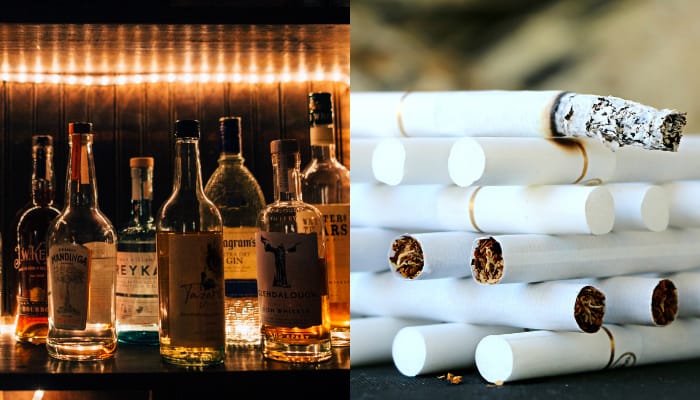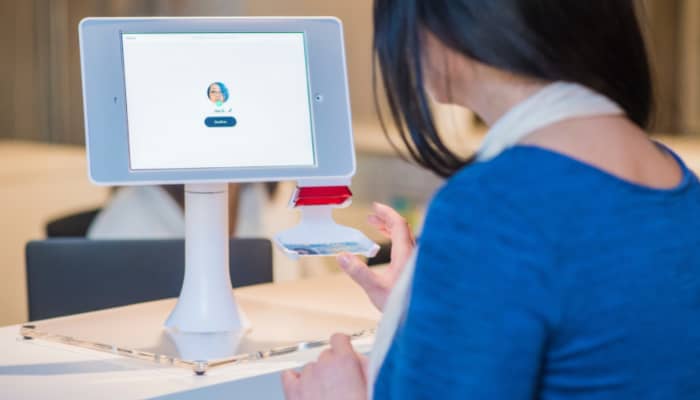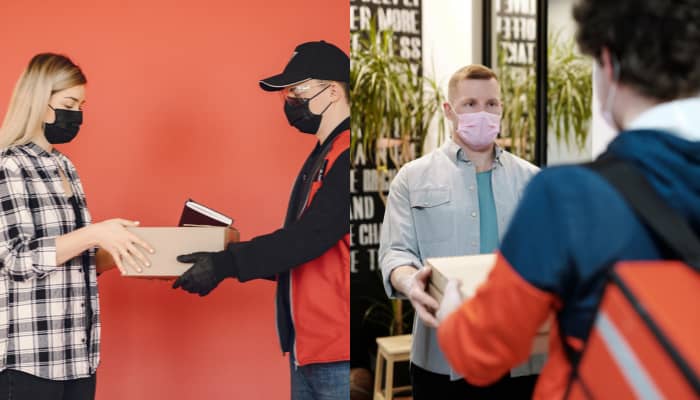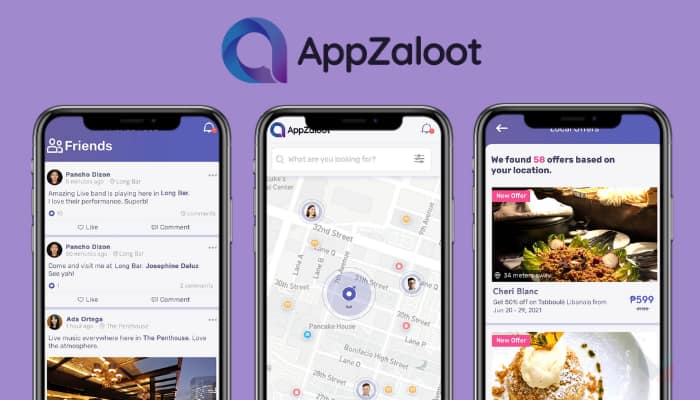Manila, Philippines – With the taboo belief of consuming alcohol and tobacco products now vanishing due to the open acceptance in our modern society, the alcohol and tobacco industry has since thrived in the Philippine market, as media intelligence company Isentia notes in its latest report how the so-called ‘sin’ products are perceived in the social media space.
In the bigger realm of the alcohol scene, recent buzz about alcohol drinks can be attributed to the rise of brand endorsements represented by K-pop artists and K-drama personalities. For instance, when South Korean beer brand Kloud Beer announced that K-pop boy band BTS were to represent the Lotte Chilsung-affiliated brand, Filipino ‘ARMYs’ or BTS fans took to social media to express anticipation for the announcement.
Isentia notes that a total of 1,761 social buzz was recorded on 15 April, the day the brand ambassadors were announced, and a total of 1,362 social buzz on 23 April when Kloud Beer released a short promotional video showing all of the members of BTS.
Social buzz pertains to the keyword or ‘trend’ frequently mentioned by social media users in a day. The social buzz used by Isentia are based on their existing Isentia Workspace, as well as Google Trends statistics.
Aside from garnering a high traction in April, the keywords ‘chicken and beer’ also dominated the social media space, possibly attributed to the well-known chicken combination of ‘chimaek’ which is a colloquial word of chicken and ‘maekju’ (beer in Korean).
“Considering the current health crisis and the rapid changes in consumer behavior specific to the industry, it is important now more than ever to not just be aware but have the numbers to back decision-making in communicating brand messages and fortifying the brand-to-audience relationship. It is not enough to know the issues. Knowledge gained from observing buzz peaks, determining breakout conversations, and deciphering social trends equips brands with data they can use to maximize media space they exist in,” Marla Edullantes, senior insights analyst at Isentia Philippines, said.
Veering away from the K-pop spotlight, local alcohol brand giant in the Philippines San Miguel Corporation (SMC) also gained positive traction this April following its recent CSR initiative on funding the historic cleanup of the Pasig River, a well-known river in Metro Manila. Said initiative gained praise from netizens, with some users even jokingly saying that they will support SMC’s positive efforts by ‘buying and consuming beer’, as well as ‘buying all of their available products’.
Despite these ‘glowing’ notes, the alcohol industry is also a facet for backlash among Filipino netizens.
One notable case was a community pantry located in Muntinlupa City in Metro Manila that gave soju, a popular Korean alcoholic drink, as part of what people can get for free. The negative flak was heightened due to the fact that the initiative was set by the ‘Sangguniang Kabataan, a local equivalent of a youth-oriented civil organization. According to the netizens, despite the heightened popularity of ‘soju’ due to prominence in K-drama shows, there is still a line as to who the target audience be, and it makes sense that youth members are still not allowed based on age restrictions.
Another notable case is the sentiment shared by Brett Tolhurs, president of the Wine Depot, who commented that Filipinos are not drinking the right wine pairing for the tropical season. His suggestion of pairing ‘lechon’, a well-known Filipino delicacy of slow-roasted pork, to be paired with rose wine, was met negatively by Filipinos, criticizing him for his lack of awareness on the Filipino pairing scene.
“What brands can leverage from this is that spokespersons should be able to balance commentaries without coming out with sweeping generalizations that could trigger netizens to veer away from product consumption and instead focus on personalities representing the brand. By mining data-driven insights, brands should be looking at not only how positive or negative the discussions are, but also the manner how their audiences engage with them and their stakeholders,” Isentia said in a press statement.
For cigarettes, there was a notable theme from consumers that smoking after intercourse is something that they do. This sharing of behaviors and experiences is something alcohol and tobacco industry players could look into in terms of user-generated content to bolster ideas in content marketing, advertisements, and promotional sales.
Another pairing people mentioned by netizens is no surprise: cigarettes and coffee. Similarly, these suggestions can open doors to co-branding that could benefit both brands from different industries.
“It is vital for brands to have a good grasp of the trends and consumer behavior in their industry. Given the alcohol and tobacco brands’ defined customer base, looking into the digital public’s organic conversations relating specifically to their industry may cull out fresh and data-driven ideas that will help in deciding how to improve the brand’s appeal to their intended audience,” said Kate Dudang, insights manager at Isentia Philippines.











